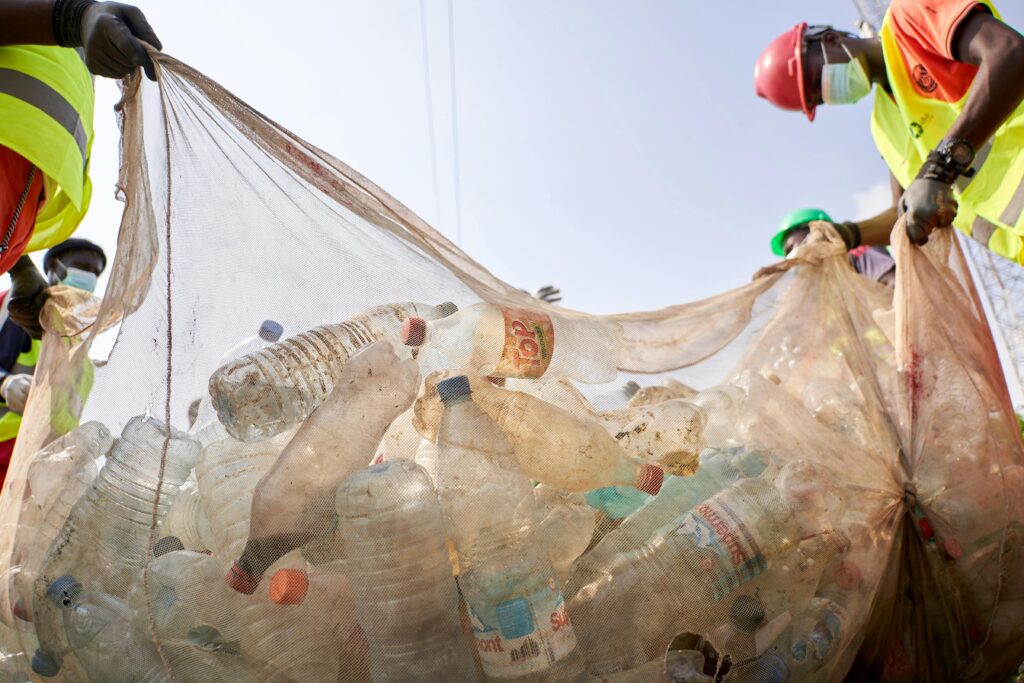Introduction: The Importance of FM Technical Due Diligence
A well-executed FM technical due diligence process is crucial in ensuring that buildings, infrastructure, and facilities meet the required operational, safety, and compliance standards before handover. Whether it’s a newly constructed asset, a refurbishment project, or a property acquisition, FM due diligence helps in mitigating risks, optimizing asset performance, and ensuring cost-effective long-term management.
Why is FM technical due diligence important?
✔ Ensures the seamless transition from construction to operational FM.
✔ Identifies defects and operational risks before they become costly issues.
✔ Validates asset condition, maintenance needs, and warranty coverage.
✔ Supports long-term life cycle cost planning and sustainability initiatives.
This blog explores the key components of FM technical due diligence, including building handover, defects liability period (DLP) management, warranty tracking, condition assessments, planned maintenance audits, life cycle cost analysis, and operational workflow reviews.
1. Building Handover & FM’s Role in the Transition Phase
A. The FM Perspective on Building Handover
The transition from construction completion to operational FM is a critical phase where facilities teams must ensure the property is fully functional, compliant, and operationally efficient. Key FM responsibilities during handover include:
✔ Verifying asset documentation: Reviewing as-built drawings, equipment specifications, O&M manuals.
✔ Ensuring system functionality: Validating MEP (Mechanical, Electrical, Plumbing), HVAC, elevators, and fire systems.
✔ Reviewing compliance and safety: Ensuring adherence to building codes, health & safety regulations.
✔ Finalizing FM service contracts: Engaging FM providers for cleaning, security, and maintenance.
B. Common Challenges During Handover
❌ Incomplete documentation: Missing asset registers, O&M manuals, or warranties.
❌ Construction defects left unresolved: Poor workmanship affecting systems’ reliability.
❌ Lack of stakeholder coordination: Poor communication between developers, contractors, and FM teams.
Best Practice: FM teams should be involved before project completion to ensure a smooth transition and avoid operational disruptions.
2. Defects Liability Period (DLP) & Warranty Management
A. What is the Defects Liability Period (DLP)?
The DLP phase (typically 12-24 months post-handover) is when the contractor remains responsible for fixing any construction defects at no additional cost. FM teams play a key role in:
✔ Monitoring system performance: Identifying defects before warranty expiration.
✔ Coordinating repairs with contractors: Ensuring timely resolution of issues.
✔ Tracking warranty obligations: Managing warranties for equipment, materials, and installations.
B. Common Issues in DLP Management
❌ Poor tracking of defect resolution timelines.
❌ Failure to claim warranties before expiry.
❌ Overlapping responsibilities between contractors & FM teams.
Best Practice: Implement a digital defect tracking system to log issues, monitor resolutions, and ensure accountability.
3. Conditional Assessments & FM Due Diligence Audits
A. What Are Conditional Assessments?
A Facility Condition Assessment (FCA) provides a structured review of an asset’s physical condition, including:
✔ Structural integrity & building fabric.
✔ MEP system performance.
✔ Fire safety compliance.
✔ Energy efficiency & sustainability factors.
B. Planned Maintenance Audits
A Planned Preventive Maintenance (PPM) audit ensures maintenance schedules align with best practices and asset longevity goals. It includes:
✔ Reviewing maintenance logs and work order completion rates.
✔ Identifying gaps in service execution (missed inspections, deferred maintenance).
✔ Benchmarking maintenance costs against industry standards.
4. Life Cycle Cost Analysis & Long-Term FM Planning
A. Understanding Life Cycle Costing (LCC) in FM
Life Cycle Costing (LCC) evaluates the total cost of ownership (TCO) for assets over their operational lifespan. It helps FM teams:
✔ Identify cost-saving opportunities through proactive maintenance.
✔ Plan for asset replacements rather than costly emergency repairs.
✔ Improve budgeting for capital expenditures (CapEx) and operational expenses (OpEx).
B. Key Components of LCC in FM
✔ Initial Investment Costs: Procurement, installation.
✔ Operational Costs: Energy consumption, maintenance.
✔ End-of-Life Costs: Asset disposal, replacement strategies.
Best Practice: Use AI-driven predictive maintenance tools to forecast asset failures and optimize replacement cycles.
5. FM Operations Workflow Reviews & Efficiency Optimization
A. Why Review FM Workflows?
An operational workflow review ensures FM teams deliver services efficiently and cost-effectively. It includes:
✔ Analysing work order management processes.
✔ Identifying bottlenecks in service delivery.
✔ Optimizing manpower loading and shift scheduling.
B. Best Practices for FM Workflow Efficiency
✔ Implement CAFM/IWMS systems for automated task tracking and reporting.
✔ Standardize FM procedures with digital checklists and SOPs.
✔ Use data analytics to improve FM decision-making.
6. Overcoming Common FM Due Diligence Challenges
| Challenge | Solution |
| Incomplete asset documentation | Conduct thorough FM audits before project handover. |
| Contractor-FM misalignment | Establish clear handover protocols with detailed DLP tracking. |
| Reactive maintenance culture | Shift to predictive maintenance using data analytics. |
| Escalating maintenance costs | Implement life cycle cost reviews for cost-efficient asset planning. |
| Poor service response times | Introduce performance-based FM contracts with SLAs/KPIs. |
7. The Future of FM Technical Due Diligence: Digital Transformation & Sustainability
Smart FM Technologies are reshaping due diligence and asset management, including:
✔ IoT & AI-Powered Asset Monitoring: Real-time condition tracking for predictive maintenance.
✔ Digital Twin Technology: Virtual models of buildings for proactive FM planning.
✔ Sustainability Integration: Green FM practices to align with ESG goals and carbon footprint reduction.
FM due diligence is evolving from a reactive to a predictive and strategic function, ensuring buildings remain resilient, cost-effective, and operationally optimized.
Conclusion: The Road to FM Excellence
FM technical due diligence is not just a compliance exercise—it’s a critical process that ensures assets are delivered defect-free, managed efficiently, and maintained for long-term sustainability.
Key Takeaways:
✔ Early FM involvement in building handover ensures smooth transitions.
✔ DLP & warranty tracking reduce long-term maintenance costs.
✔ Condition assessments & planned maintenance audits improve asset performance.
✔ Life cycle cost analysis supports smarter capital planning.
✔ Technology-driven workflow reviews optimize FM operations.
At Sustain International LTD, we provide expert FM advisory services in due diligence, condition assessments, and lifecycle cost analysis to help organizations maximize their asset performance.
📩 Looking for FM due diligence expertise? Contact us today to discuss your project.

